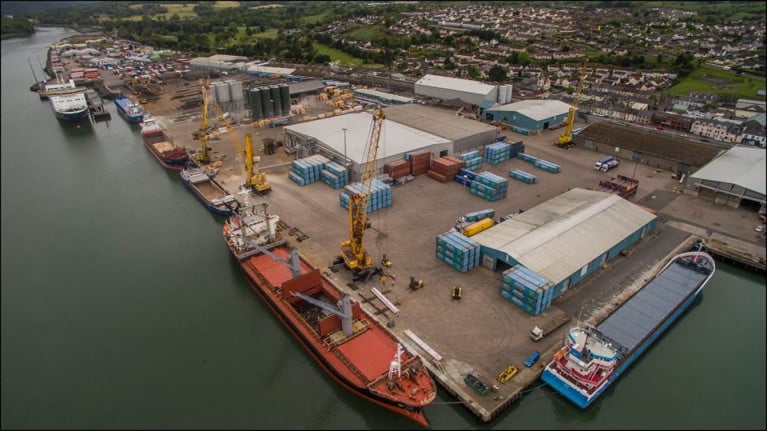Displaying items by tag: Allocated Funding
Warrenpoint Harbour Authority Allocated £1.5m for Infrastructure
Warrenpoint Harbour Authority has been allocated £1.5m by Nichola Mallon, Northern Ireland's Minister for Infrastructure.
The funding will allow the Co.Down authority to take forward a programme of port infrastructure works.
Minister Mallon said: “The Harbour Authority has identified a range of infrastructure works required at the port as a result of the challenges arising from the Covid-19 pandemic.
This funding will therefore provide vital support following a difficult year for the port, and will enable it to work towards economic recovery as we emerge from the Covid-19 pandemic.
I am pleased to be able to support Warrenpoint Harbour Authority with this bid and to provide support as the port adapts to the requirements of future business needs.”
David Holmes, CEO, Warrenpoint Port said, “We have been working closely with DfI, and our local representatives in relation to our Brexit and Covid response. We are pleased to confirm this award. We see it as a measure of the Department’s confidence in and commitment to the Port.
“The last 12 months have been challenging for all sectors. We would like to thank our team in particular, for their unstinting support in their role as key workers throughout the pandemic. We look forward to progressing the opportunities that we are working on in 2021. Please all do stay safe during these continuing difficult times.”
Brexit means physical checks are required on certain goods entering the UK from the EU.





























































